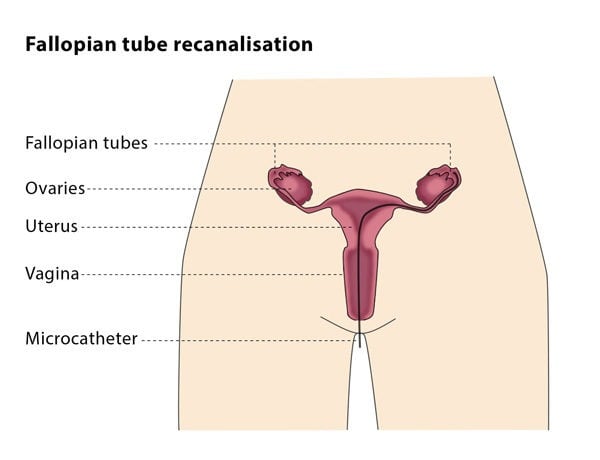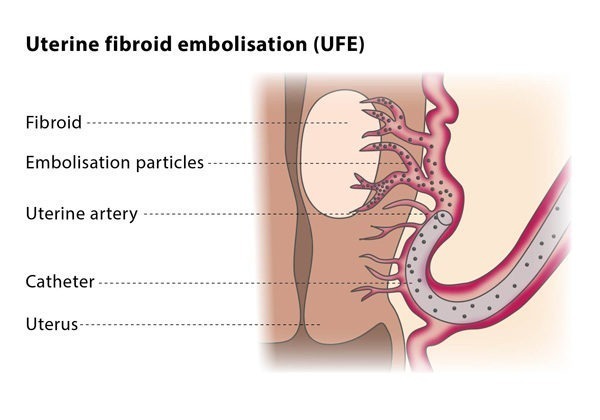What is women’s health?
The term “women’s health” refers to conditions specific to the human female anatomy, including menstruation, maternal health and cancers affecting breasts and the female reproductive system.
Interventional radiology procedures can be used to treat a number of these conditions, meaning that some of the common causes of female infertility can now be treated without surgery. Often, these treatments do not require hospitalisation or general anaesthesia and patients can resume their normal activities shortly after the procedure.
Minimally invasive treatments may also be an alternative to procedures such as hysterectomy, meaning that these procedures can help preserve fertility. This page will highlight two minimally invasive treatments for conditions that affect women, but interventional radiology can be used to treat many other conditions.
Interventional radiology can be used to treat blockage of the fallopian tubes, a cause of infertility. The procedure to treat this condition is called fallopian tube recanalisation.
Interventional radiology can also be used to treat fibroids, which cause many women pain and discomfort. Patients with this condition can be treated using a technique called uterine fibroid embolisation.


